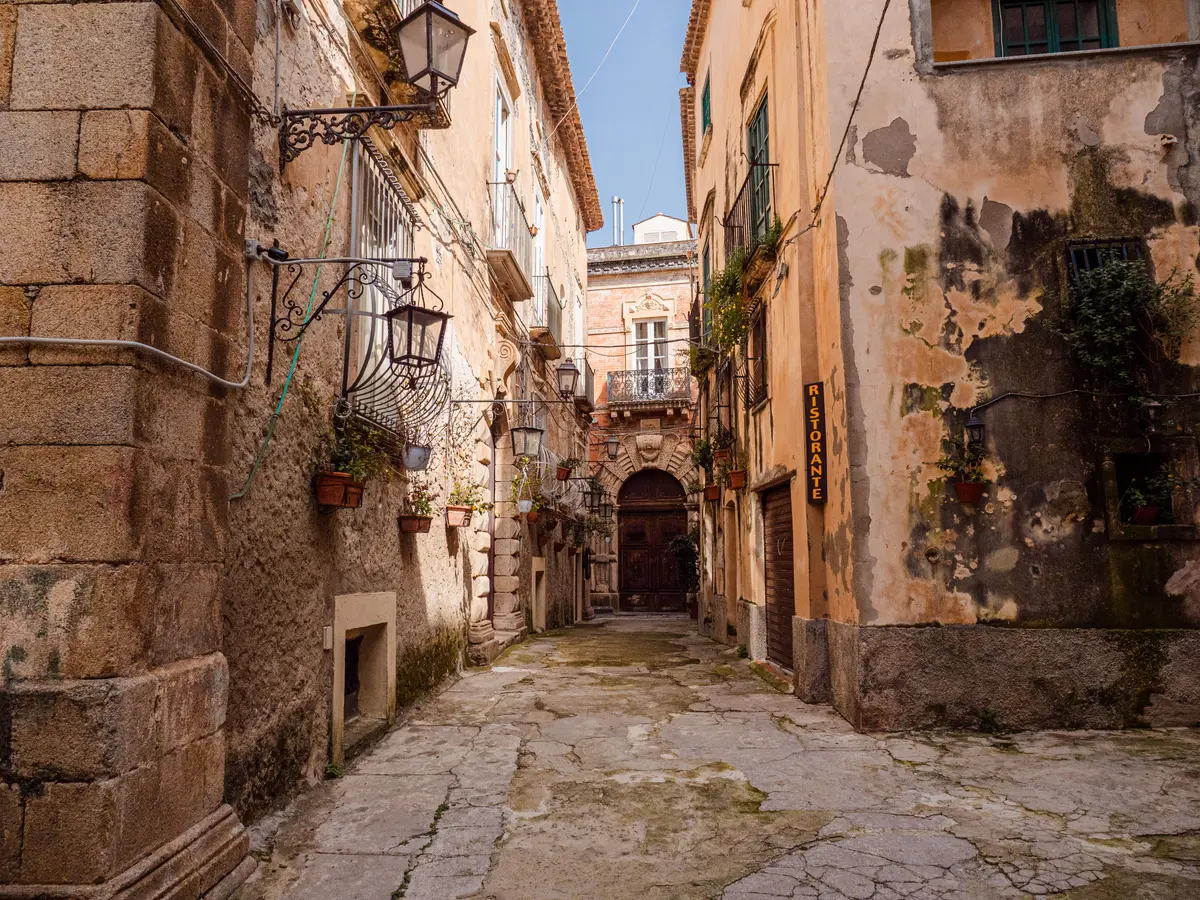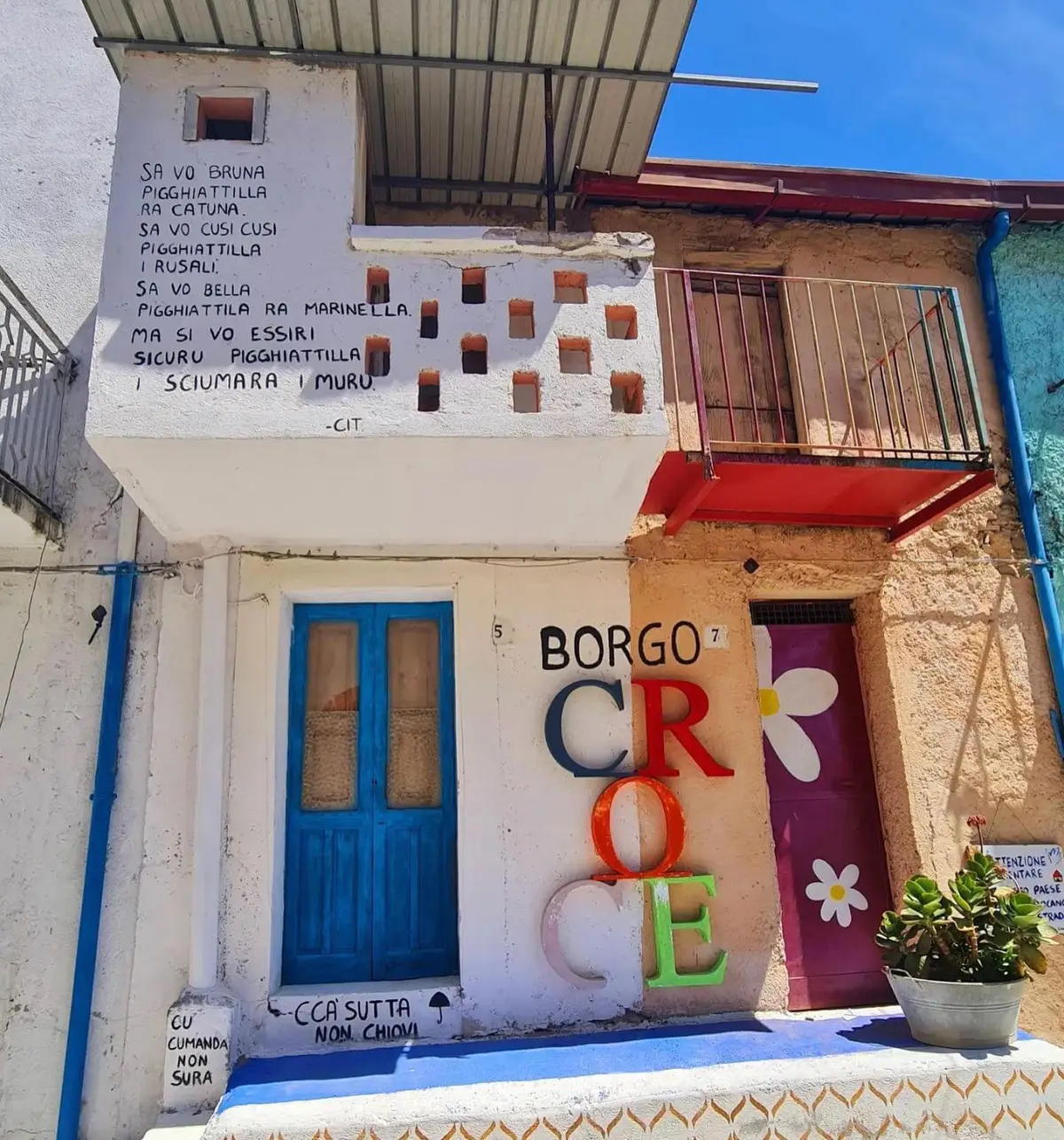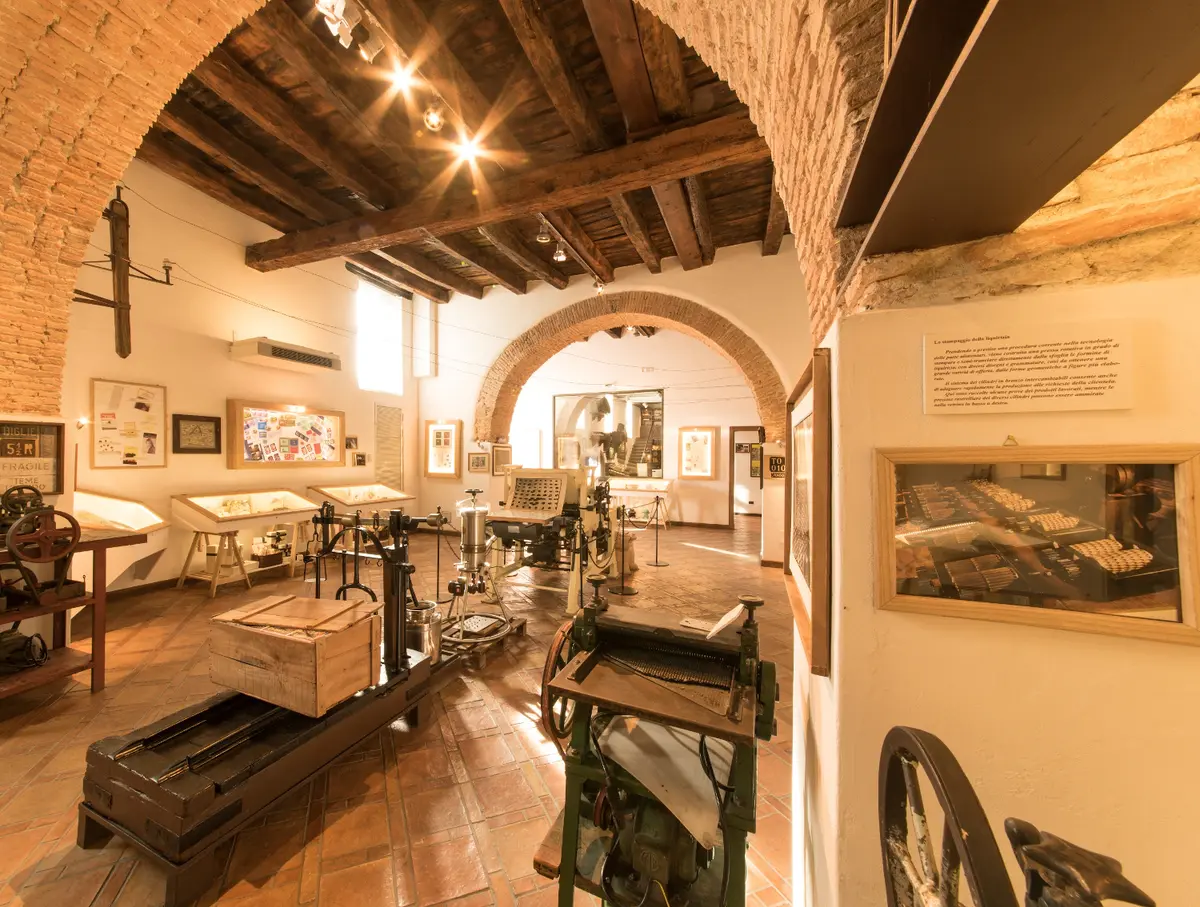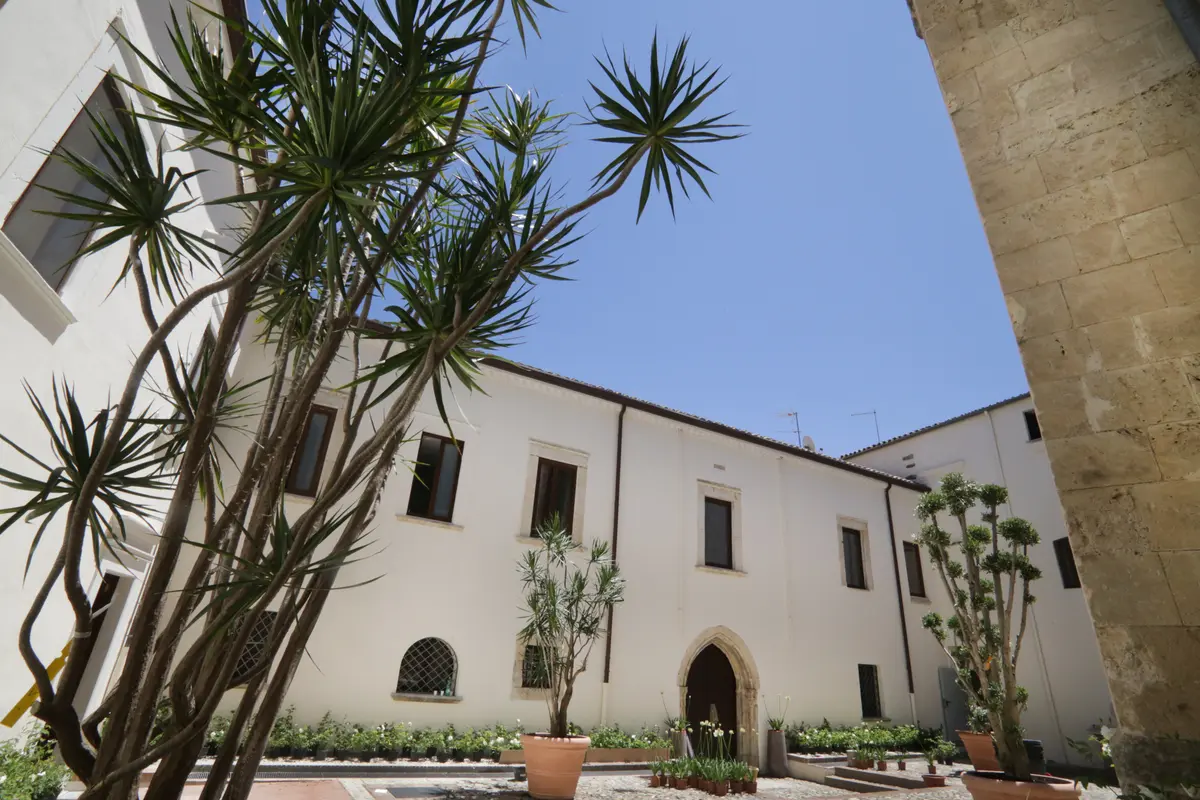Weekend in Corigliano-Rossano, between art and local specialities
A double visit full of history, works of art and local goodness
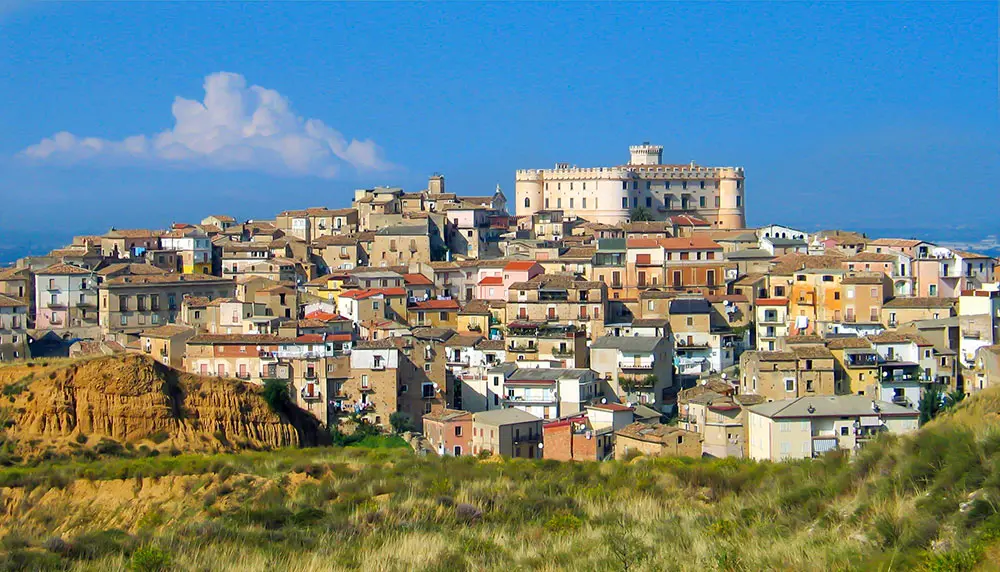
Art and Culture
Corigliano Calabro - Regione Calabria
The current Municipality of Corigliano-Rossano, which encompasses the Sibari Plain, unites two large, previously autonomous population centres, which together boast some of Calabria's most important artistic, historical and gastronomic gems.
A weekend in Corigliano-Rossano offers a variety of landscapes, artistic and cultural sights to suit all tastes.
Nature and sea lovers will appreciate the colours of one of the most beautiful seaside plains in the region, art enthusiasts will admire UNESCO World Heritage Sites and fairytale castles, gourmets will delight their palate with the rice and citrus fruits of the Piana and Liquirizia di Calabria PDO.
What to see in Corigliano-Rossano
The ancient town of Corigliano Calabro welcomes us in a panoramic position, on top of the Serratore Hill, dominating the Sibari Plain from the top of the marvellous Ducal Castle.
One of the most beautiful castles in Calabria, Corigliano Castle was built in 1073 at the behest of Robert Guiscard. Of the original nucleus, now extensively remodelled and restored, are the Church of San Pietro and the towers, namely the circular keep and the octagonal turret serving as a belvedere. This is accessed by means of a striking helicoidal staircase surrounded by frescoes, which has become the building's most "instagrammed" element.
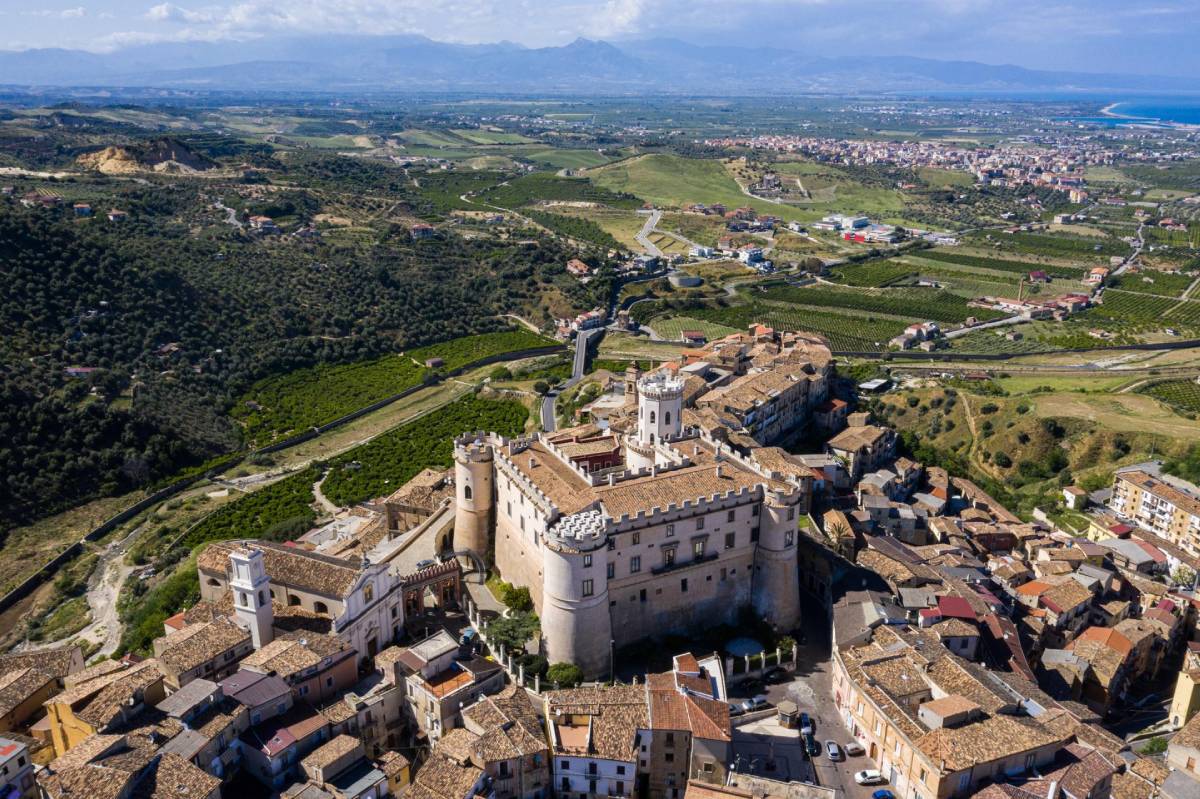
A walk through the historic centre reveals other beauties, such as the Mother Church of Santa Maria Maggiore, which is also rich in works of art, the Collegiate Church of San Pietro, the Convent of San Francesco di Paola, a pilgrimage destination and stop on the Franciscan Way in Calabria, and the Civic Art Gallery.
On the coast, Marina di Schiavonea offers the opportunity to take a stroll along the Seafront, visit other historical buildings related to fishing and the Mediterranean fairgrounds.
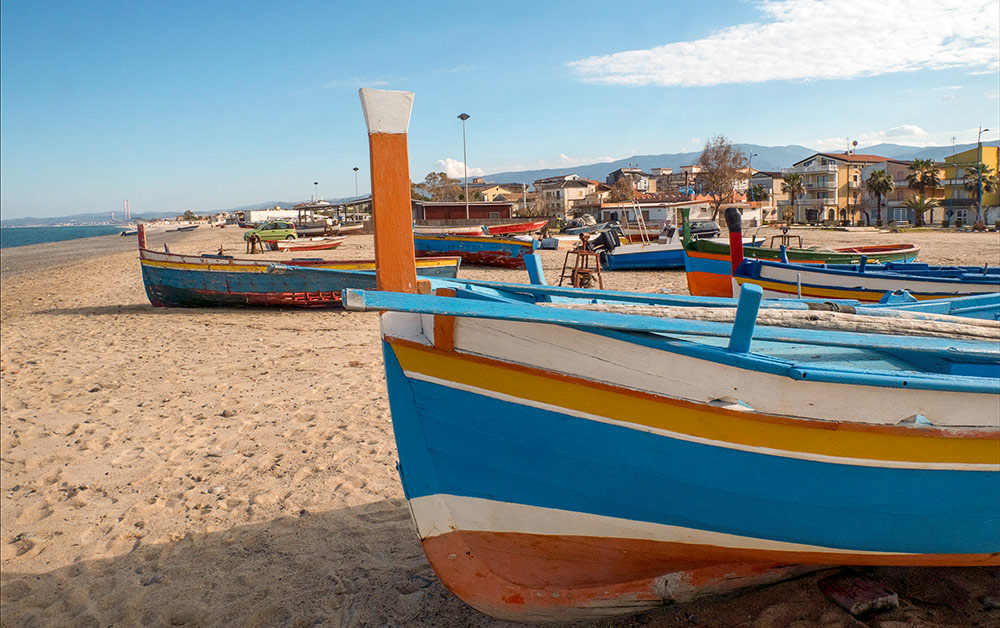
The second stop on our weekend in the Sibaritide is the historic centre of Rossano, a town not coincidentally known as "La Bizantina".
Here we find one of the most important examples of Romanesque-Byzantine architecture in Calabria: the Abbey of Santa Maria del Patire (or Pathirion), founded in 1095 by Bartholomew of Simeri. An oriental jewel that in the Norman era became one of the most important monasteries in southern Italy, with a rich library and a scriptorium where the amanuensis monks transcribed ancient codices.
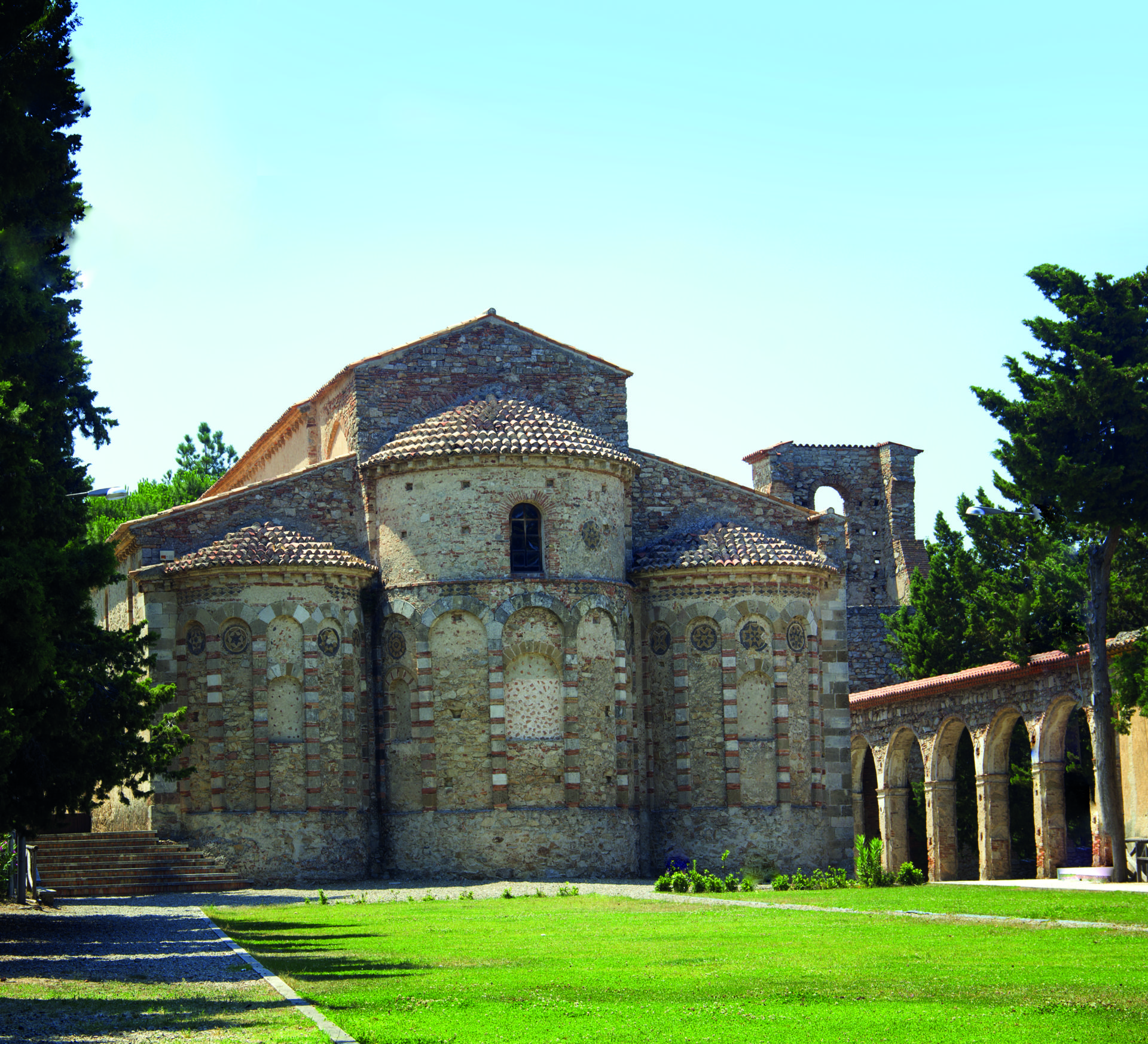
Precisely one of these, to be exact the ancient Gospel Book known as Codex Purpureus Rossanensis because of the purple-red colour that characterises its pages, has made Rossano famous among the sites in Calabria that boast UNESCO World Heritage status.
The precious codex is now on display at the Diocesan Museum (Codex Museum) and can be enjoyed by everyone thanks to the innovative tactile tablet that also allows the blind and visually impaired to enjoy the beauty of the artefact. The only museum in Italy to have this valuable service, the Diocesan and Codex Museum offers its visitors an unprecedented sensory experience, equipped with a QR Code through which it is possible to access a video in Italian and international sign language, which makes the visit inclusive even for the deaf.
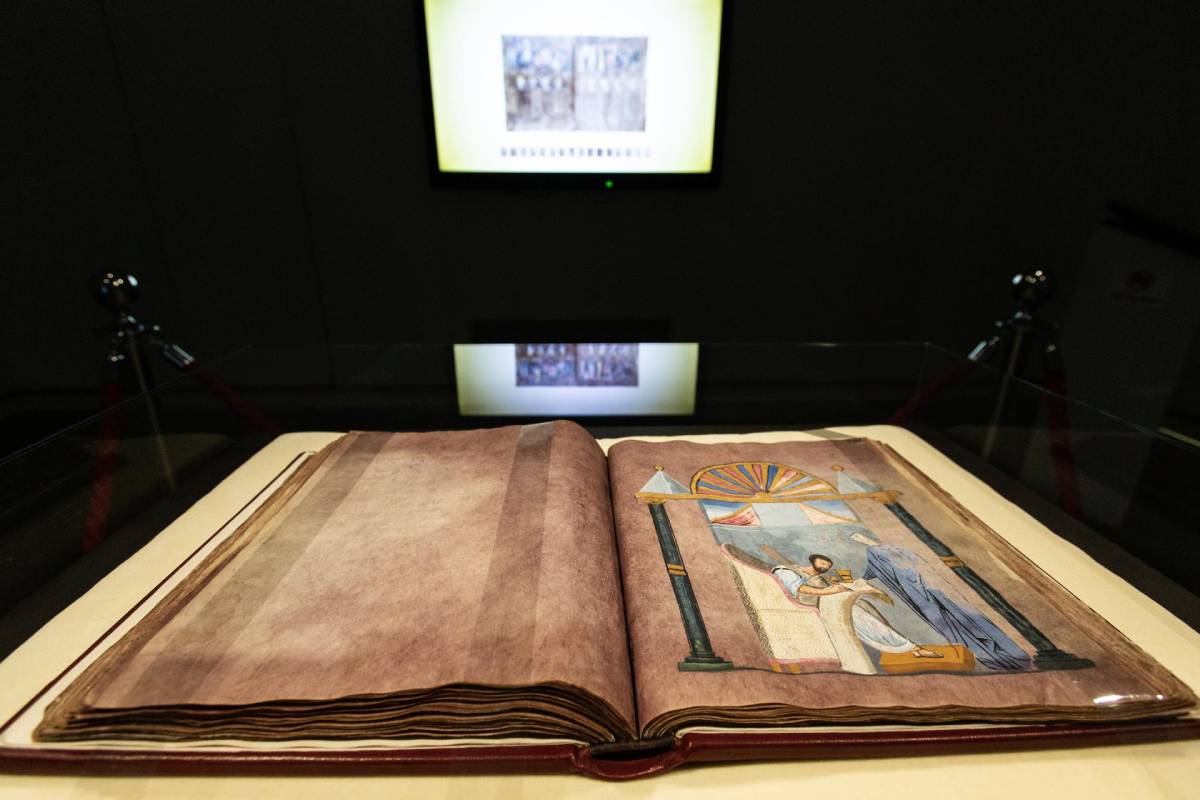
Not to be missed is the spectacular Cathedral of Mary Most Holy Achiropita, inside which there is an admirable fresco of the Achiropita Madonna (from the Greek "not produced by human hand"), floor mosaics and an important structure decorated in gold Cyprus stone.
Other sacred buildings not to be missed include the Church of San Nilo, the Church of the Panaghia, the Oratory of Santa Maria del Pilerio and several other minor chapels.
Agrifood excellence of the Sibaritide area
Not only art and culture! Rossano is also home of the famous Liquorice of Calabria PDO, "Black Gold of Calabria".
It is home to the oldest liquorice factory, the Amarelli Liquorice Factory, open to visitors through the halls of the Liquorice Museum, which documents the history of the company and the industrial production of the precious root with archive material (engravings, documents and period photos), tools, porcelain forms and bronze moulds.
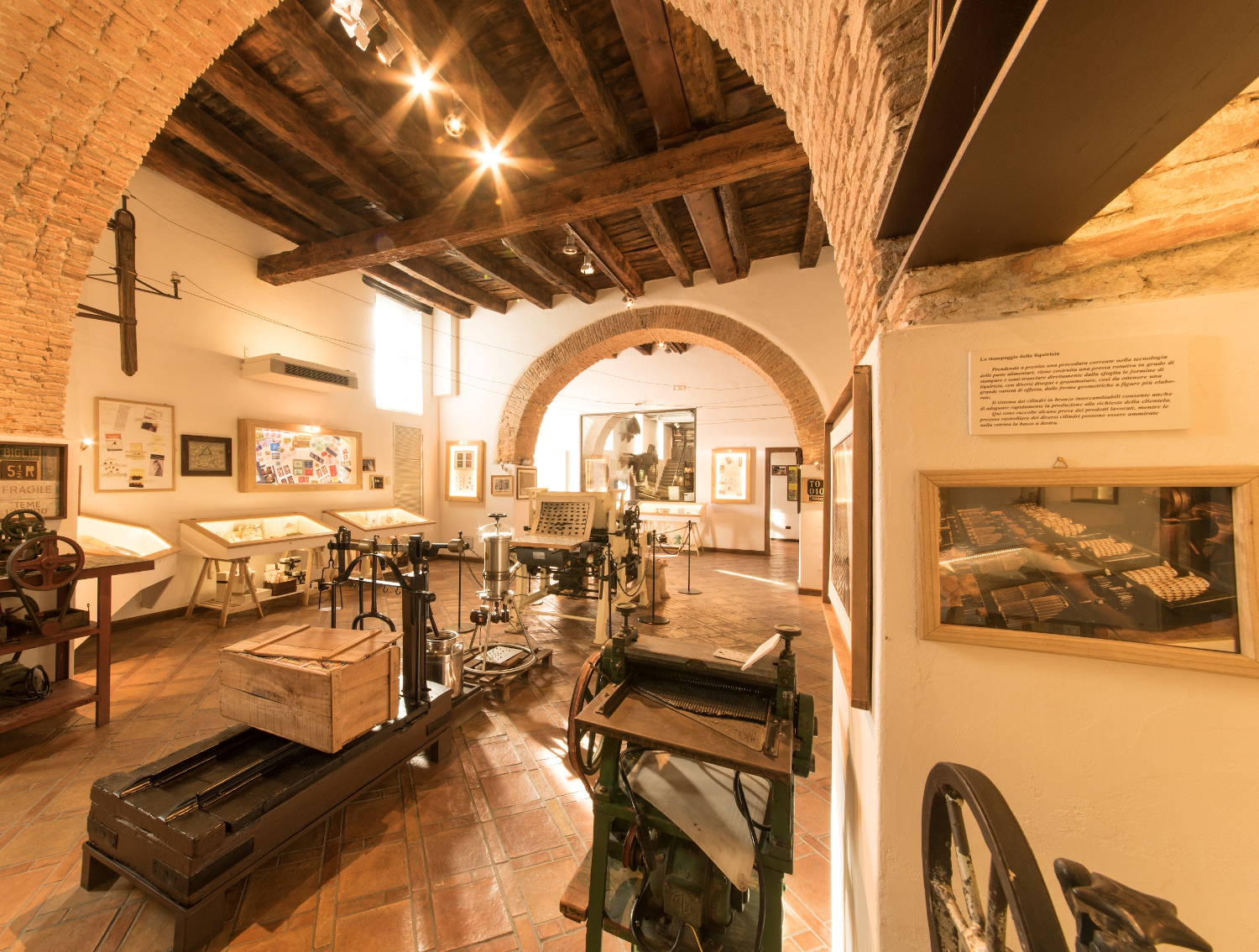
Other excellent Calabrian foodstuffs produced in these parts are the Clementine di Calabria PGI, a variant of the seedless mandarin that has conquered international markets for its unmistakable sweetness and the concentration of vitamins it releases.
It can be tasted in its natural state, in pulp or juice at the indigenous citrus groves of Corigliano, the Marina and the Piana di Sibari.
A first course not to be missed? A gourmet risotto made with the renowned Sibari Rice, perhaps in the black variant with seafood.
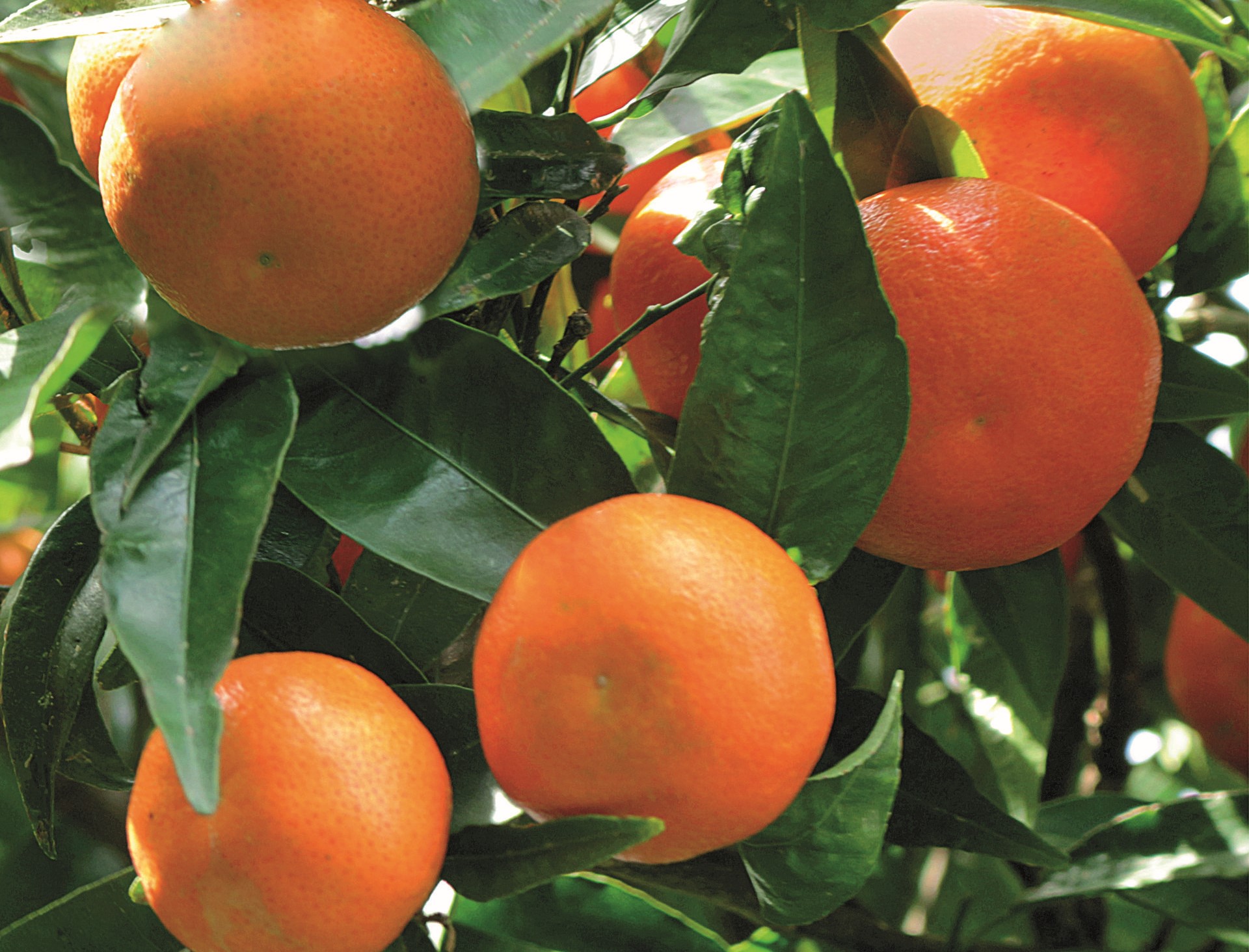
https://calabriastraordinaria.it/en/news/weekend-in-corigliano-rossano-between-art-and-local-specialities


